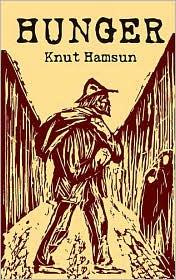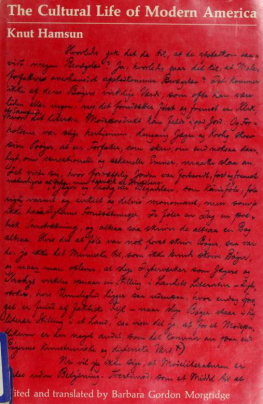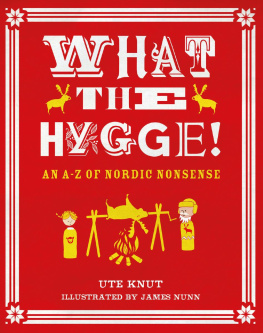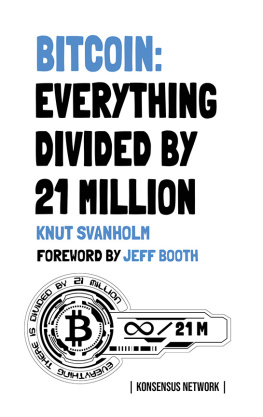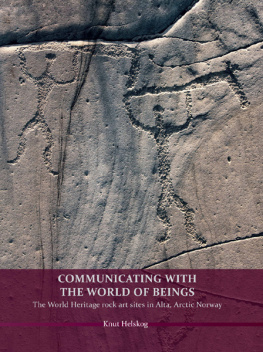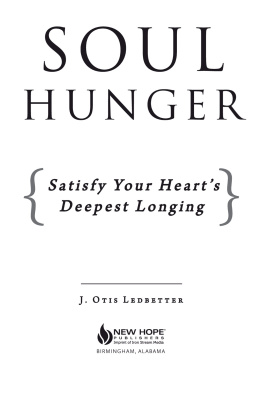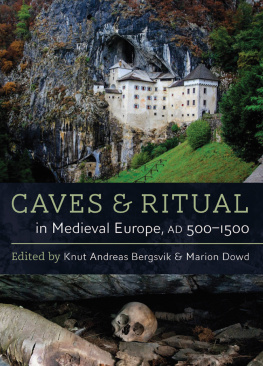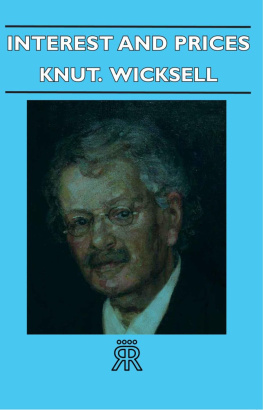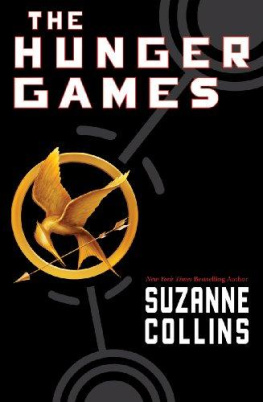Knut Hamsun - Hunger
Here you can read online Knut Hamsun - Hunger full text of the book (entire story) in english for free. Download pdf and epub, get meaning, cover and reviews about this ebook. year: 1890, publisher: Farrar, Straus and Giroux, genre: Detective and thriller. Description of the work, (preface) as well as reviews are available. Best literature library LitArk.com created for fans of good reading and offers a wide selection of genres:
Romance novel
Science fiction
Adventure
Detective
Science
History
Home and family
Prose
Art
Politics
Computer
Non-fiction
Religion
Business
Children
Humor
Choose a favorite category and find really read worthwhile books. Enjoy immersion in the world of imagination, feel the emotions of the characters or learn something new for yourself, make an fascinating discovery.
- Book:Hunger
- Author:
- Publisher:Farrar, Straus and Giroux
- Genre:
- Year:1890
- Rating:3 / 5
- Favourites:Add to favourites
- Your mark:
- 60
- 1
- 2
- 3
- 4
- 5
Hunger: summary, description and annotation
We offer to read an annotation, description, summary or preface (depends on what the author of the book "Hunger" wrote himself). If you haven't found the necessary information about the book — write in the comments, we will try to find it.
Hunger — read online for free the complete book (whole text) full work
Below is the text of the book, divided by pages. System saving the place of the last page read, allows you to conveniently read the book "Hunger" online for free, without having to search again every time where you left off. Put a bookmark, and you can go to the page where you finished reading at any time.
Font size:
Interval:
Bookmark:
The Noonday PressA division of Farrar, Straus and Giroux19 Union Square West, New York 10003Translation and Afterword copyright 1967 byFarrar, Straus and Giroux, Inc.,copyright renewed 1995"The Art of Hunger" 1970 by Paul AusterAll rights reservedDistributed in Canada by Douglas & Mclntyre Ltd.Printed in the United States of AmericaFirst published in 1890 by Gyldendal Norsk Forlag, Norway, as SultRevised edition, 1998For Library of Congress Cataloging-in-Publication Dataplease contact publisher
What is important, it seems to me, is not so much to defend a culture whose existence has never kept a man from going hungry, as to extract, from what is called culture, ideas whose compelling force is identical with that of hunger.
--Antonin Artaud
A young man comes to a city. He has no name, no home, no work: he has come to the city to write. He writes. Or, more exactly, he does not write. He starves to the point of death.
The city is Christiania (Oslo); the year is 1890. The young man wanders through the streets: the city is a labyrinth of hunger, and all his days are the same. He writes unsolicited articles for a local paper. He worries about his rent, his disintegrating clothes, the difficulty of finding his next meal. He suffers. He nearly goes mad. He is never more than one step from collapse.
Still, he writes. Now and then he manages to sell an article, to find a temporary reprieve from his misery. But he is too weak to write steadily and can rarely finish the pieces he has begun. Among his abortive works are an essay entitled "Crimes of the Future," a philosophical tract on the freedom of the will, an allegory about a bookstore fire (the books are brains), and a play set in the Middle Ages, The Sign of the Cross. The process is inescapable: he must eat in order to write. But if he does not write, he will not eat. And if he cannot eat, he cannot write. He cannot write.
He writes. He does not write. He wanders through the streets of the city. He talks to himself in public. He frightens people away from him. When, by chance, he comes into some money, he gives it away. He is evicted from his room. He eats, and then throws everything up. At one point, he has a brief flirtation with a girl, but nothing conies of it except humiliation. He hungers. He curses the world. He does not die. In the end, for no apparent reason, he signs on board a ship and leaves the city.
These are the bare bones of Knut Hamsun's first novel, Hunger. It is a work devoid of plot, action, and--but for the narrator--character. By nineteenth-century standards, it is a work in which nothing happens. The radical subjectivity of the narrator effectively eliminates the basic concerns of the traditional novel. Similar to the hero's plan to make an "invisible detour" when he came to the problem of space and time in one of his essays, Hamsun manages to dispense with historical time, the basic organizing principle of nineteenth-century fiction. He gives us an account only of the hero's worst struggles with hunger. Other, less difficult times, in which his hunger has been appeased--even though they might last as long as a week--are passed off in one or two sentences. Historical time is obliterated in favor of inner duration. With only an arbitrary beginning and an arbitrary ending, the novel faithfully records the vagaries of the narrator's mind, following each thought from its mysterious inception through all its meanderings, until it dissipates and the next thought begins. What happens is allowed to happen.
This novel cannot even claim to have a redeeming social value. Although Hunger puts us in the jaws of misery, it offers no analysis of that misery, contains no call to political action. Hamsun, who turned fascist in his old age during the Second World War, never concerned himself with the problems of class injustice, and his narrator-hero, like Dostoevsky's Raskolnikov, is not so much an underdog as a monster of intellectual arrogance. Pity plays no part in Hunger. The hero suffers, but only because he has chosen to suffer. Hamsun's art is such that he rigorously prevents us from feeling any compassion for his character. From the very beginning, it is made clear that the hero need not starve. Solutions exist, if not in the city, then at least in departure. But buoyed by an obsessive, suicidal pride, the young man's actions continually betray a scorn for his own best interests.
I began running so as to punish myself, left street after street behind me, pushed myself on with inward jeers, and screeched silently and furiously at myself whenever I felt like stopping. With the help of these exertions I ended up far along Pile Street. When I finally did stop, almost weeping with anger that I couldn't run any farther, my whole body trembled, and I threw myself down on a house stoop. "Not so fast!" I said. And to torture myself right, I stood up again and forced myself to stand there, laughing at myself and gloating over my own fatigue. Finally, after a few minutes I nodded and so gave myself permission to sit down; however, I chose the most uncomfortable spot on the stoop.
He seeks out what is most difficult in himself, courting pain and adversity in the same way other men seek out pleasure. He goes hungry, not because he has to, but from some inner compulsion, as if to wage a hunger strike against himself. Before the book begins, before the reader has been made the privileged witness of his fate, the hero's course of action has been fixed. A process is already in motion, and although the hero cannot control it, that does not mean he is unaware of what he is doing.
I was conscious all the time that I was following mad whims without being able to do anything about it.... Despite my alienation from myself at that moment, and even though I was nothing but a battleground for invisible forces, I was aware of every detail of what was going on around me.
Having withdrawn into a nearly perfect solitude, he has become both the subject and object of his own experiment. Hunger is the means by which this split takes place, the catalyst, so to speak, of altered consciousness.
I had noticed very clearly that every time I went hungry a little too long it was as though my brains simply ran quietly out of my head and left me empty. My head became light and floating, I could no longer feel its weight on my shoulders....
If it is an experiment, however, it has nothing to do with the scientific method. There are no controls, no stable points of reference--only variables. Nor can this separation of mind and body be reduced to a philosophical abstraction. We are not in the realm of ideas here. It is a physical state, brought into being under conditions of extreme duress. Mind and body have been weakened; the hero has lost control over both his thought and actions. And yet he persists in trying to control his destiny. This is the paradox, the game of circular logic that is played out through the pages of the book. It is an impossible situation for the hero. For he has willfully brought himself to the brink of danger. To give up starving would not mean victory, it would simply mean that the game was over. He wants to survive, but only on his own terms: survival that will bring him face to face with death.
He fasts. But not in the way a Christian would fast. He is not denying earthly life in anticipation of heavenly life; he is simply refusing to live the life he has been given. And the longer he goes on with his fast, the more death intrudes itself upon his life. He approaches death, creeps toward the edge of the abyss, and once there, clings to it, unable to move either forward or backward. Hunger, which opens the void, does not have the power to seal it up. A briet moment of Pascalian terror has been transformed into a permanent condition.
Font size:
Interval:
Bookmark:
Similar books «Hunger»
Look at similar books to Hunger. We have selected literature similar in name and meaning in the hope of providing readers with more options to find new, interesting, not yet read works.
Discussion, reviews of the book Hunger and just readers' own opinions. Leave your comments, write what you think about the work, its meaning or the main characters. Specify what exactly you liked and what you didn't like, and why you think so.

